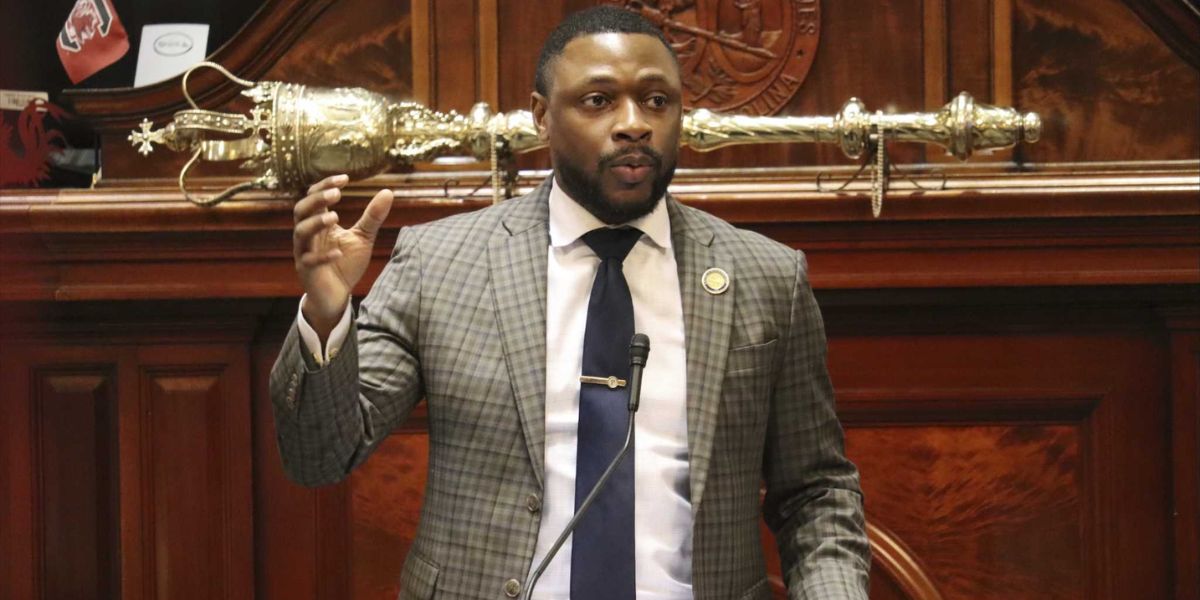Signature Forgery Allegation Shocks South Carolina: Senator’s Law License Suspended!
After a former client accused a legislator in South Carolina of faking his signature to achieve a settlement in a case without his authorization, the senator’s law license was suspended to prevent him from practicing law.
The state Supreme Court has ordered that Democratic Representative Marvin Pendarvis is not permitted to practice law until the suspension is lifted, according to a written order issued by the justices on Friday.
However, the order did not provide any specific reasons as to why the Office of Disciplinary Counsel recommended the suspension. In response to the lawsuit that was filed against him by his former client Adrian Lewis, Pendarvis has not provided a public response. A call that was placed to the number of his law business on Friday was not answered.
Lewis has retained the services of a separate attorney, who, following the filing of a complaint against Pendarvis one month ago, conducted a press conference in which he detailed the charges of malpractice against Pendarvis.
In 2021, Lewis filed a lawsuit against the Dorchester County Sheriff’s Office which was responsible for his arrest. The new attorney stated that Pendarvis had informed Lewis that his case may be worth up to $325,000, but that he had ultimately resolved it for $10,000 without Lewis being aware of it.
Pendarvis allegedly disregarded Lewis’ inquiries for several weeks, as stated in the lawsuit. Then, when Lewis threatened to sue, Pendarvis offered him seventy-five thousand dollars in cash using the trust fund that he had established for his clients.
Pendarvis then sent Lewis several text messages, requesting that he refrain from filing a lawsuit.
Exclamation point: “Let’s take care of this.” Please don’t make any attempt to hurt me, man. “I can assist you,” Pendarvis wrote to Lewis in a series of text messages that were included in the lawsuit.
Pendarvis is seeking re-election to the House of Representatives from the North Charleston district he now represents. Neither the Democratic primary election in June nor the general election in November will have any other candidates to challenge him.











